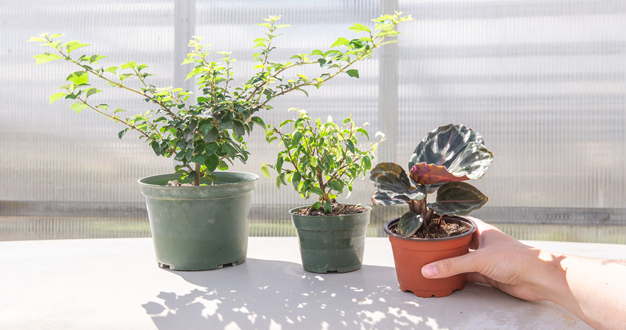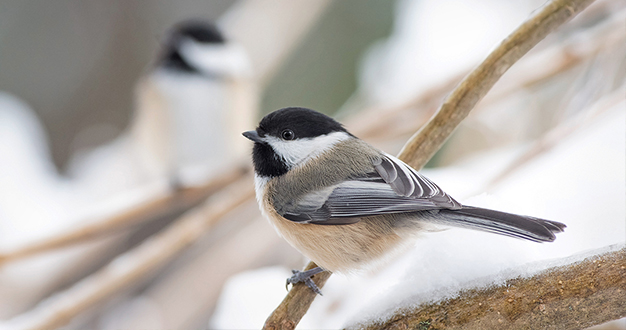
This won’t come as a shock to any plant parent or gardener but, plants make people feel better. So many measures of a human’s physical comfort and contentedness – blood pressure, illness frequency, productivity, and stress level – are improved when indoor plants are nearby to share life with. Of course, we get it, but scientists like to put numbers on things, and through the years, countless studies have shown what we already know instinctively – indoor plants are just good for us. Here are three reasons why.
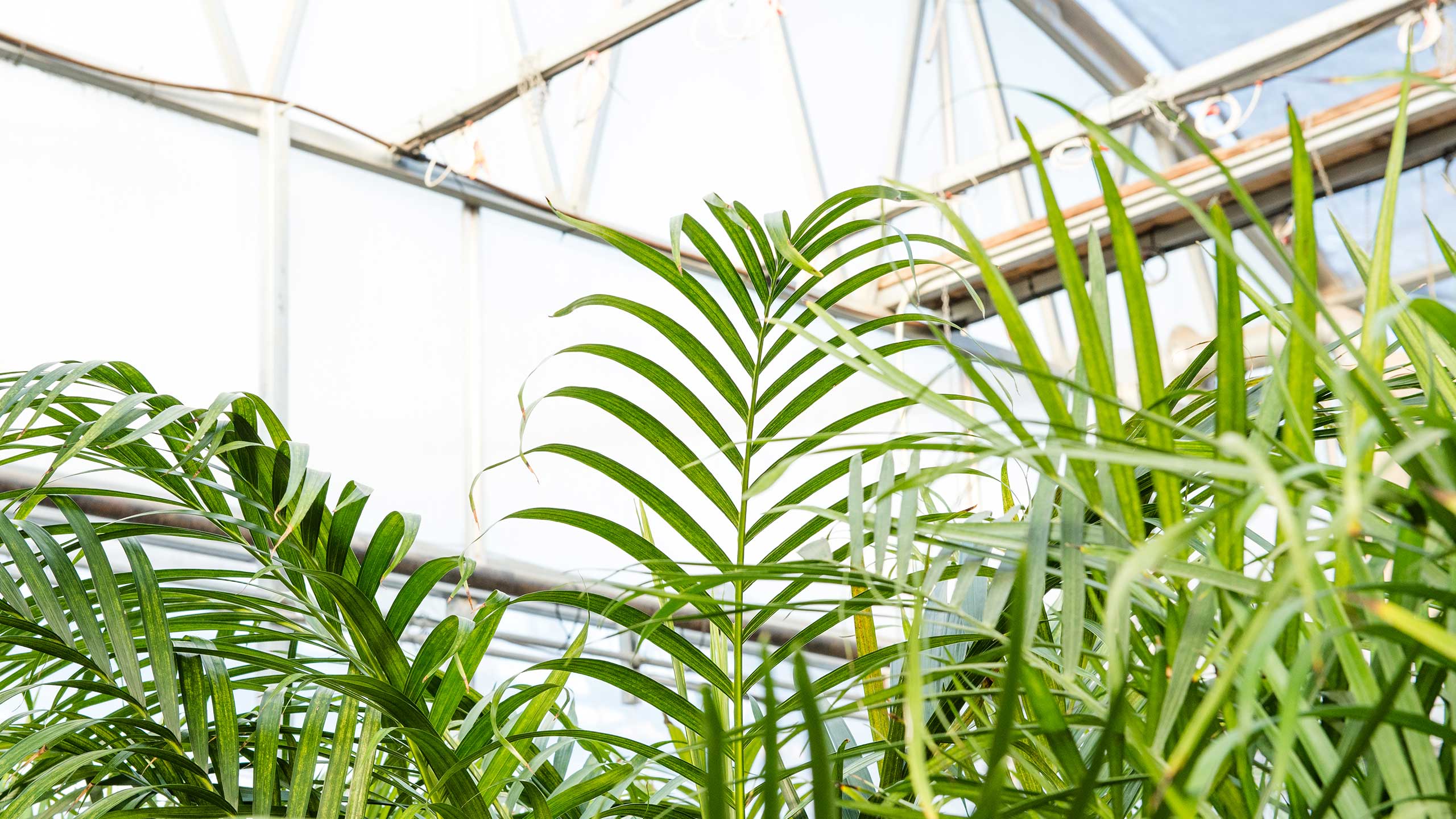
Plants Reduce Our Stress
Indoor plants can calm our body’s natural response to stress. When we’re stressed, no matter what the source, our bodies kick up our autonomic nervous system which controls that well-known “fight or flight” response. Our eyes dilate, our heart rate increases, and our blood pressure goes up. These physical effects are useful if we need to defend ourselves from an immediate attack or flee a scene in a hurry, but even day-to-day stressors like heavy traffic or an important meeting can elicit the same set of responses. Too much of that may not be good for our health.
Recently, there’s been interest in stress responses caused by our interactions with computers, television, cell phones, and other technologies – sometimes called “technostress”. A 2015 study published in the Journal of Physiological Anthropology looked at a group of 25-year-old males and compared how two different tasks – either working with a computer document or transplanting a Peperomia – affected their blood pressure. Both the computer task and the transplanting caused an initial increase in blood pressure, but the people working with the plant showed an eventual decrease as they worked, while the computer workers’ continued to rise.
And it appears this calming effect can happen even if we don’t directly interact with the plant. In another study, Virginia Lohr from Washington State University found that computer-related increases in blood pressure can actually be slowed down just by having plants nearby. She also found that after the computer task is over, blood pressure levels return to normal faster among those working with a plant nearby compared to those without a plant in their work space. Lohr never drew the participants’ attention to the plants either – the plants’ quiet presence off to the side was enough.
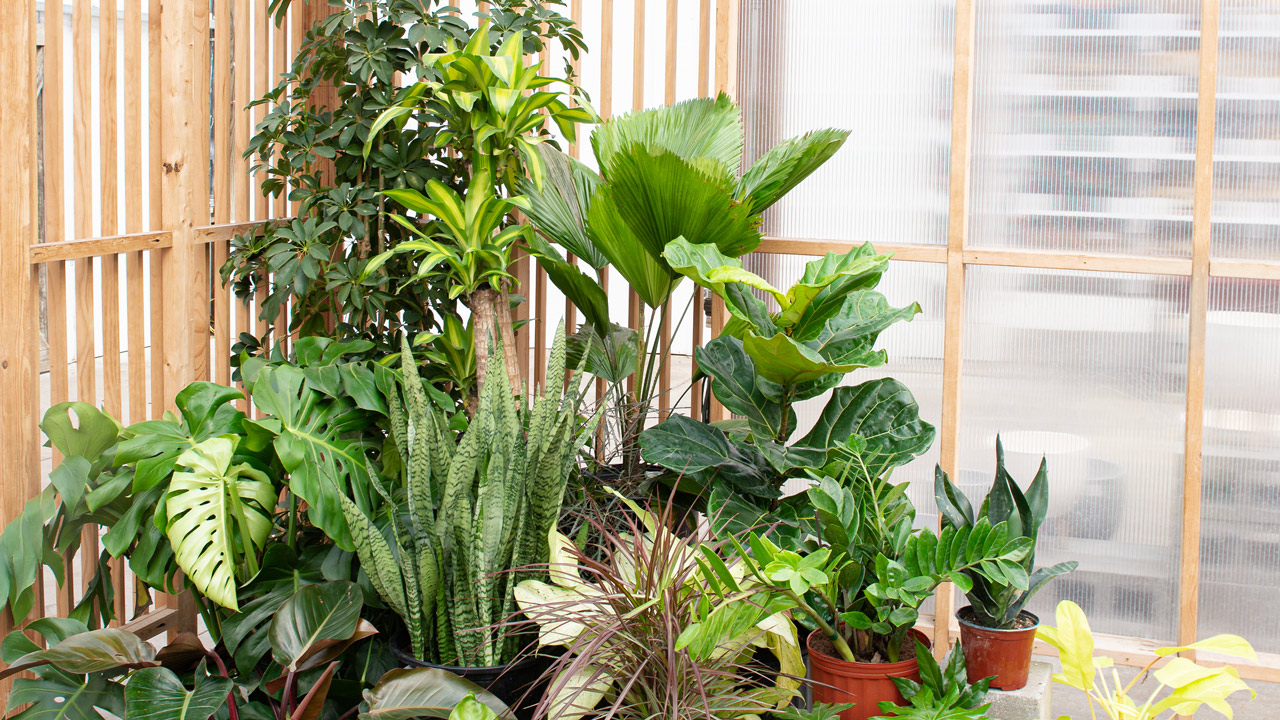
Plants Improve Our Indoor Air
Jasmine Osten – the member of our team who brings our collection of plants to the greenhouse – is an avid plant collector. Also, Jasmine’s friends often comment on how fresh and clean the air seems in her home. Coincidence? Research supports evidence that it’s not. In the 1980’s, NASA sponsored the first studies that showed houseplants can remove common indoor air pollutants like formaldehyde, toluene, and benzene from indoor air. In his book How to Grow Fresh Air, B.C. Wolverton – a leading researcher in the NASA studies – lists houseplant favorites like bamboo palm, rubber plant, Boston fern, and dracaena as some of the most effective at cleaning indoor air. Subsequent research has shown that indoor plants have a positive effect on indoor air quality by removing dust and increasing relative humidity. Low indoor humidity – often made worse in the winter when our furnaces are running – can irritate nasal passages, leading to more respiratory issues like colds and allergy symptoms.
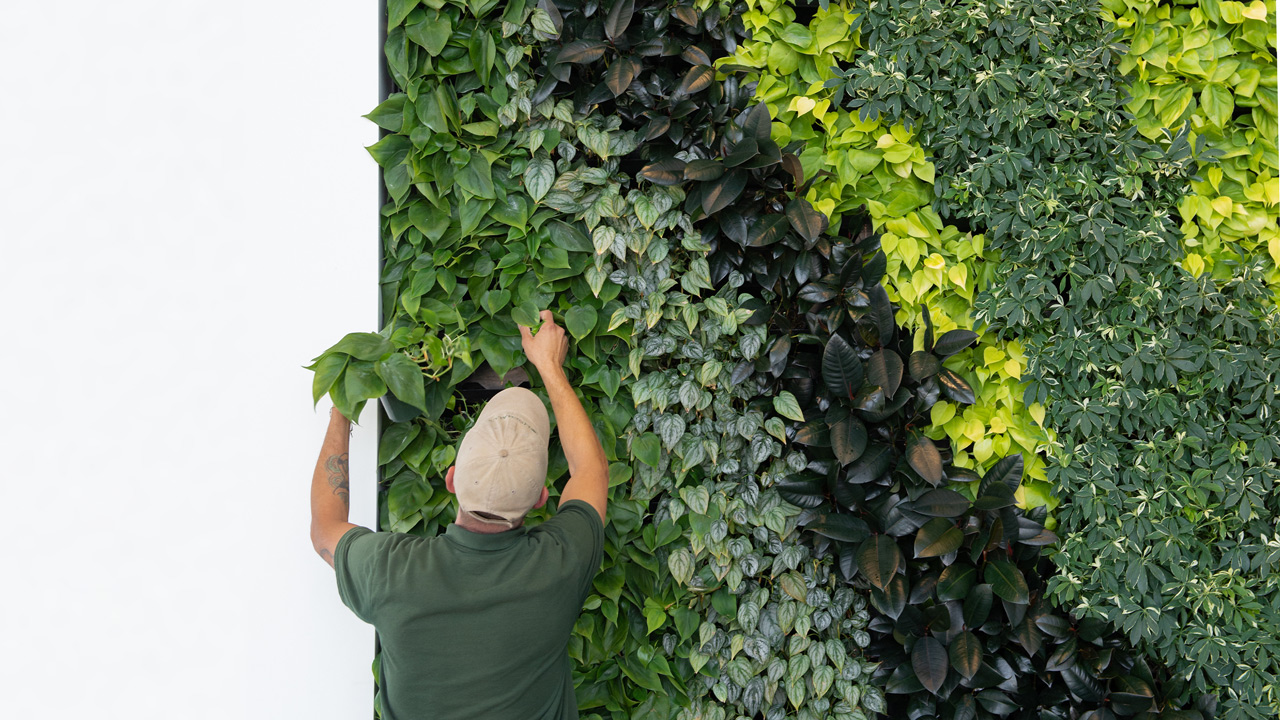
Plants Improve Our Health and Well-Being
In addition to helping us relax – and making our air more inviting – indoor plants improve other measures of our health and well-being too. Kansas State researchers found that patients recovering from surgery in hospital rooms with potted plants had less pain, less anxiety and fatigue, and were happier with their recovery than patients who had no plants in their rooms. The plant patients also said the plants were the best part of their room, compared to the non-plant patients who thought the TV was the best.
Another study by Virginia Lohr found that the presence of plants improved measures of productivity like dexterity and concentration. Other studies have shown having plants around increases job satisfaction – something everyone around here can attest to. Even our ears benefit from having plants around. Peter Costa from South Bank University in London examined the effects of plants on our perception of indoor sounds. In his studies, Costa found that plants reduced sound reverberation time – how long a sound bounces around the room – especially in rooms full of hard surfaces made of glass, concrete, or marble. He also found that plants are good at silencing annoying high-pitched noises.
How We’re Bringing More Plants to Our Community
If you have an indoor space you’d like to fill with more living plants, our team can help. Our designers love creating interiorscapes and living walls for businesses throughout our community. Or if you’re looking for a do-it-yourself option, we can help with that too. Our Greenhouse team is always happy to talk plants and help you find the perfect solution for your indoor space.


